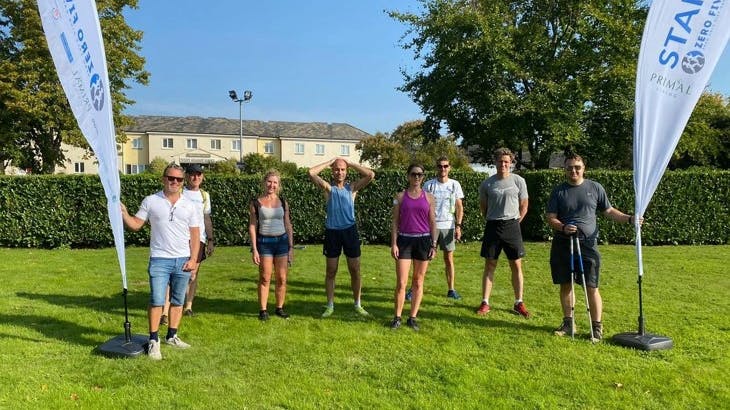I am starting training for a 40 mile walk to raise money for charity and I have just been diagnosed type 2 . I am not on any medication and am controlling by exercise and diet. How do I maintain energy during the distance
Once you have been walking for a little while-- I mean a little way into a long walk-- your body will start burning fat, and that will give you all the energy you need. And you definitely do not want to undo the good, weight-reducing and BG-reducing, effects of walking by taking in extra carbs that you don't need.
Non-diabetics or T2s who have very low body fat and/or who are doing a competitive event involving high-intensity exercise will need extra carbohydrates at frequent intervals to maintain enough energy. (See for example Chris Hobson's answer: he was doing a triathlon-- a race involving running, cycling, and swimming-- and he wasn't overweight.)
But-- if you are overweight, and it's just a walk, even if a long one-- your fat stores will be enough to keep you going. You may not feel very chirpy for the first 15 minutes or so, but then your body will switch to fat-burning mode, and you'll feel fine. (We were just discussing this the other day on another thread.)
I've never walked 40 miles in a day, but I've walked 20 miles in a day (before developing T1, which introduces very different considerations). And I was/am fairly low-fat! But still-- had a normal breakfast, walked 10 miles out, had a normal light lunch, walked 10 miles back, no problem, felt great.
Try this out in your training, and I think you'll find it works! Best wishes, and let us know how you get on.

